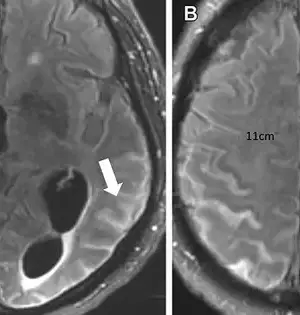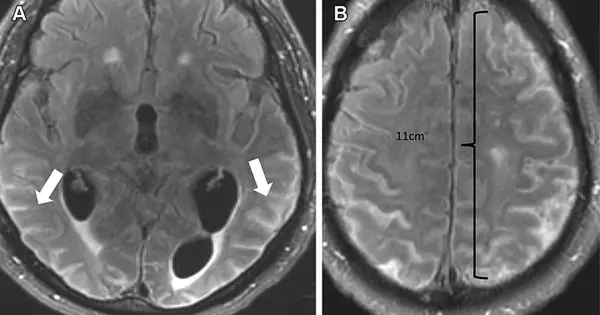Monitoring potential adverse effects of new Alzheimer's medicines is an essential part of patient care and drug research. A new article in RadioGraphics, a journal of the Radiological Society of North America (RSNA), investigates the use of monoclonal antibody therapies for the treatment of Alzheimer's disease and warns physicians about a potential side effect: amyloid-related imaging abnormalities (ARIA). Alzheimer's disease is a gradual, irreversible brain illness that causes memory and cognitive function to deteriorate over time. It is the most common type of dementia in the world. While prior treatments focused on symptoms of Alzheimer's disease, recent approvals of monoclonal
Alzheimer's disease & dementia
There is growing evidence that oral bacteria play a significant role in systemic diseases like heart disease and colon cancer, despite the fact that the majority of people do not associate oral disease with serious health issues. Amyloid plaque, a hallmark of Alzheimer's disease, is now linked to periodontal (gum) disease, according to new Forsyth Institute research. Forsyth researchers and their Boston University colleagues demonstrate in their paper "Microglial cell response to experimental periodontal disease," which was published in the Journal of Neuroinflammation, that gum disease can alter microglial cells, which protect the brain from amyloid plaque. Alzheimer's patients are



